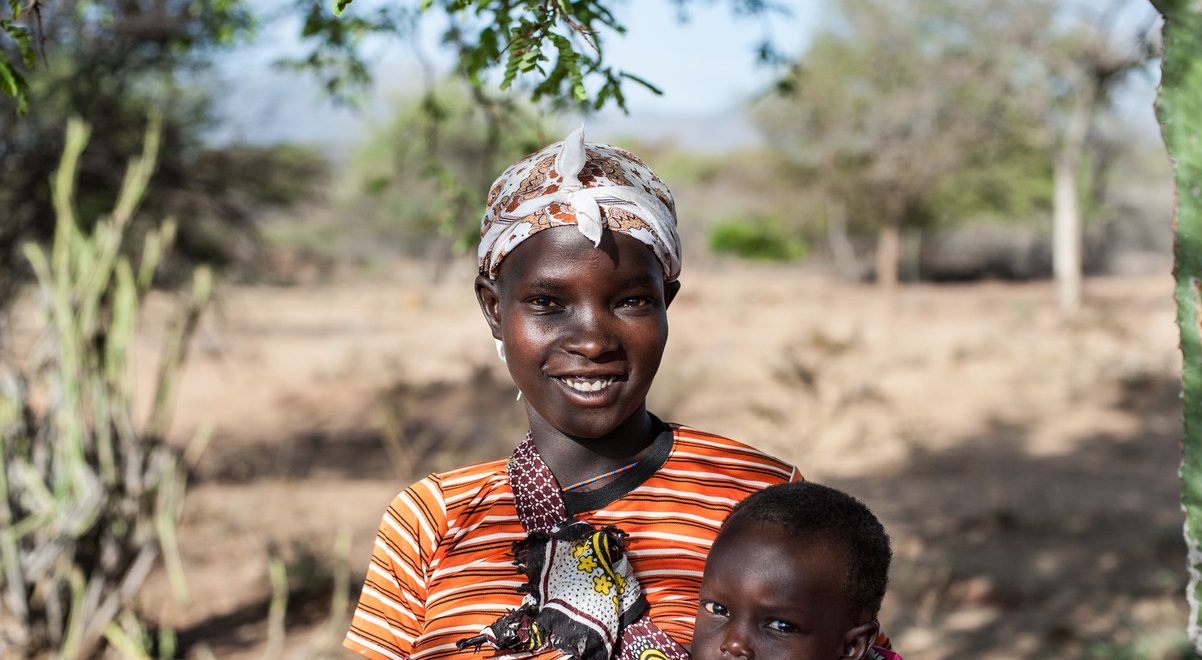Friday, July 21, 2017
Brazil: climate change, sugarcane increases exposure to deadly Hantavirus
Watch out, São Paulo. A recent study confirms that increases in temperatures and sugarcane production in Brazil’s wealthiest state could expose 34% more people to Hantavirus, a rodent-borne disease that has a 50% chance of causing death for humans. It does not affect rodents.
While it’s crucial that sugarcane workers and people in rural areas know how to avoid the virus, the potentially increased risk of disease highlights the need to tackle climate change and to consider how the production of biofuels like sugarcane impact local farmers.
As so much land is cleared for sugarcane in Brazil, the authors of the study wrote that “forest restoration and better land use” would keep rodent populations from swelling and thereby lower the risk of catching Hantavirus. Restoring forests and land would also promote biodiversity, which helps reduce the negative effects of climate change.
African women fight fistula with cell phones, local ambassadors
It’s not witchcraft. Obstetric fistula, a childbirth injury that leaves a hole between the birth canal and the bladder or rectum, can be eradicated. Yet the painful condition continues to affect two million women and girls worldwide. In many African countries, a woman with fistula faces stigma and isolation as a victim or practitioner of witchcraft.
With support from African governments, local and international organizations are working to prevent and treat fistula once and for all. Because cost and distance are major barriers to accessing treatment, organizations are using cellphone-based money transfers to pay for women’s transportation to surgery appointments and setting up hotlines that connect women to medical care.
They’re also training those who’ve gone through treatment to talk to others, especially younger women, about safe deliveries and the dangers of early pregnancy, a key cause of fistula.
All-female Afghan robotics team wins “courageous achievement” award
“Now we are moving forward.” So said one of the members of the all-female Afghan robotics team that first made international headlines after being twice rejected for U.S. visas to compete in an Olympics-style competition in Washington. Now the six-member squad is in the limelight for winning a silver medal for “courageous achievement”.
Besides achieving a significant milestone in their own lives, the girls know their participation and success at the international competition point to the progress that’s been made in their country.







